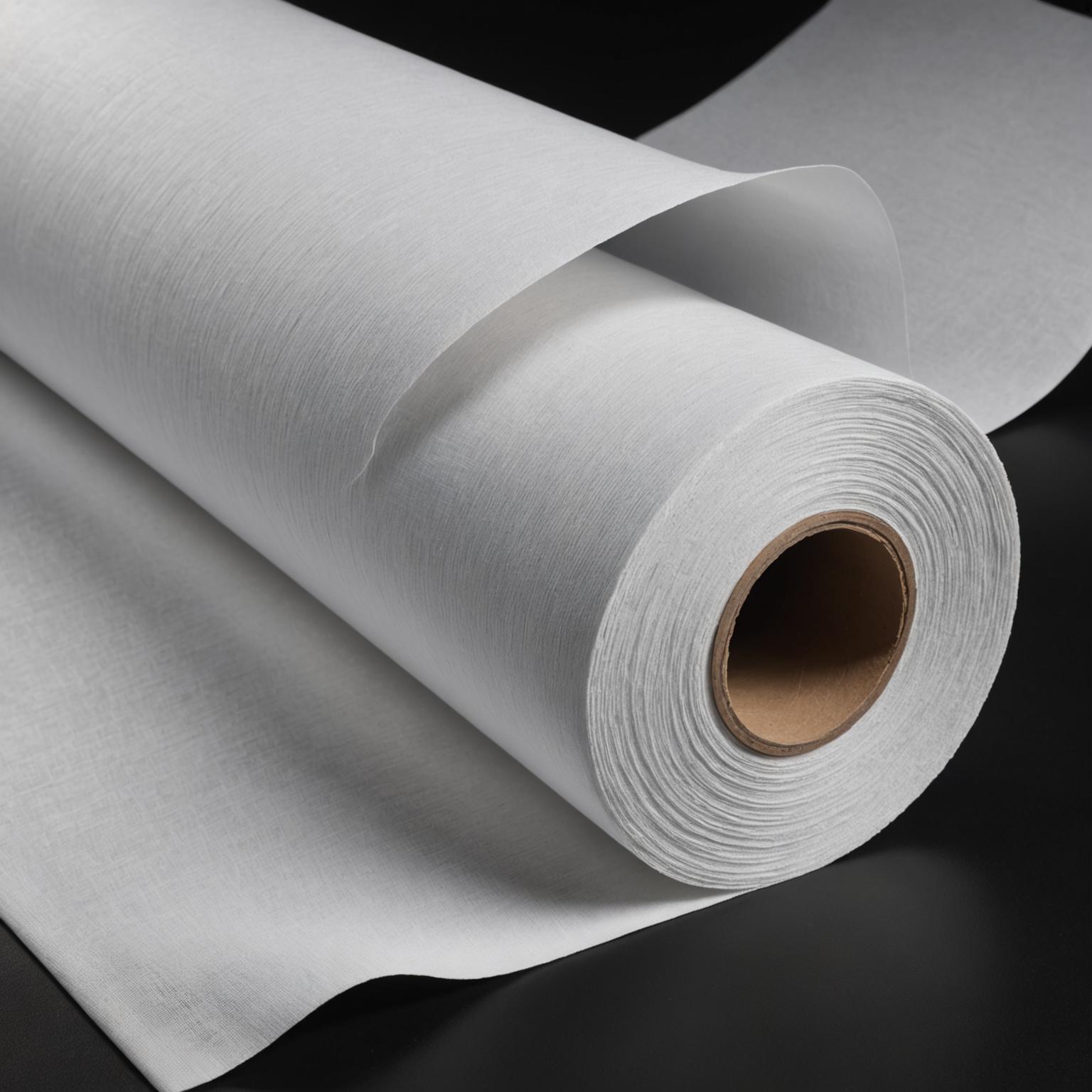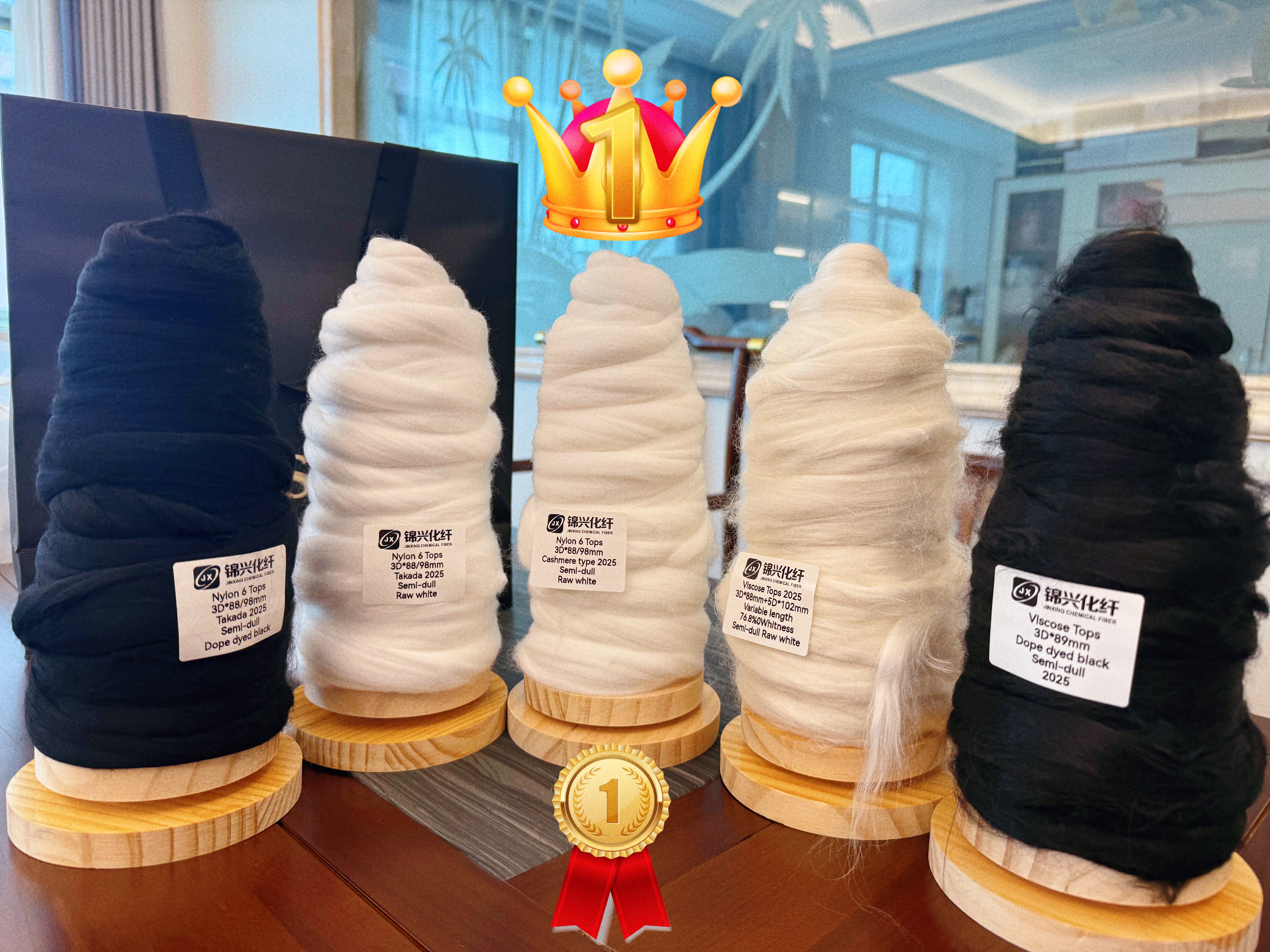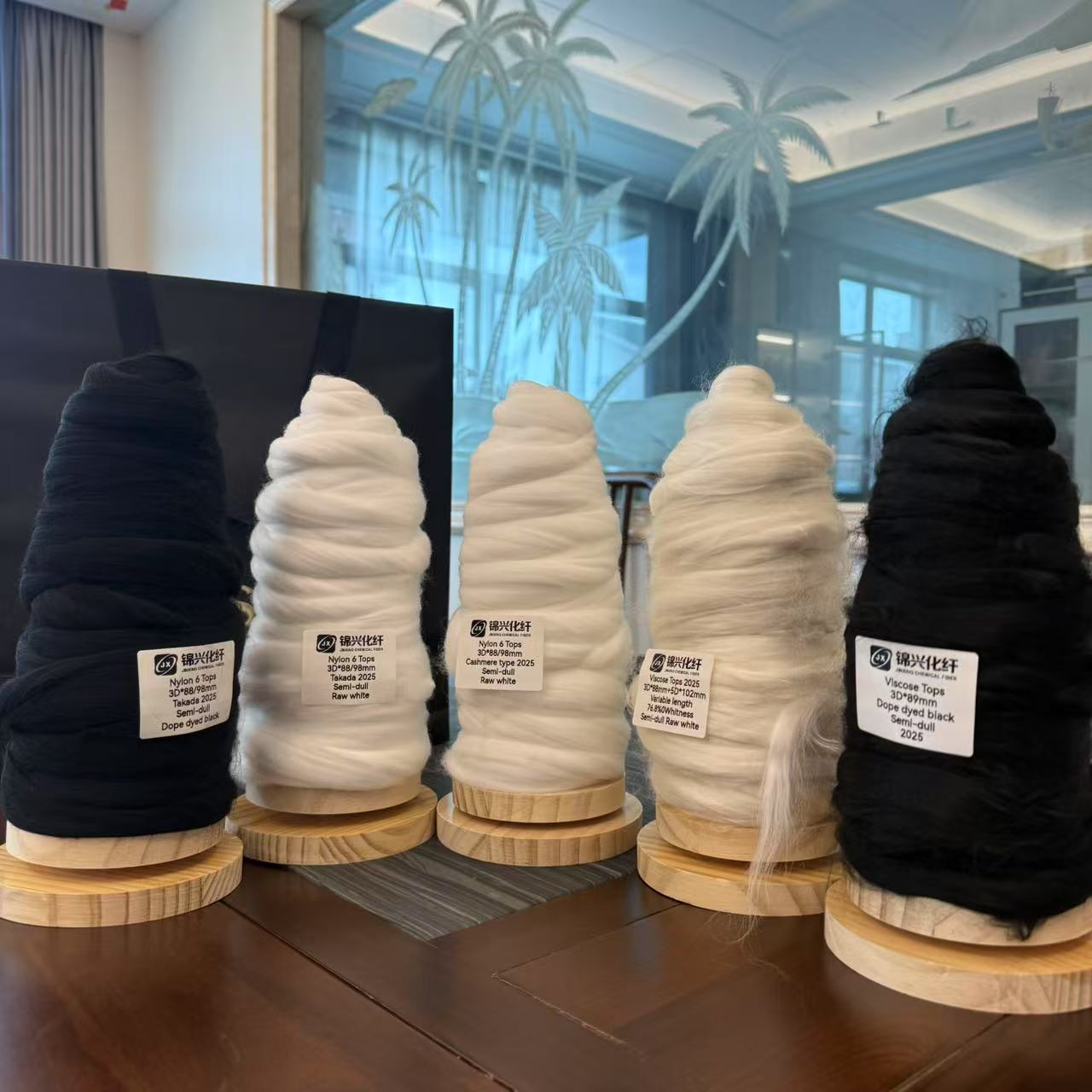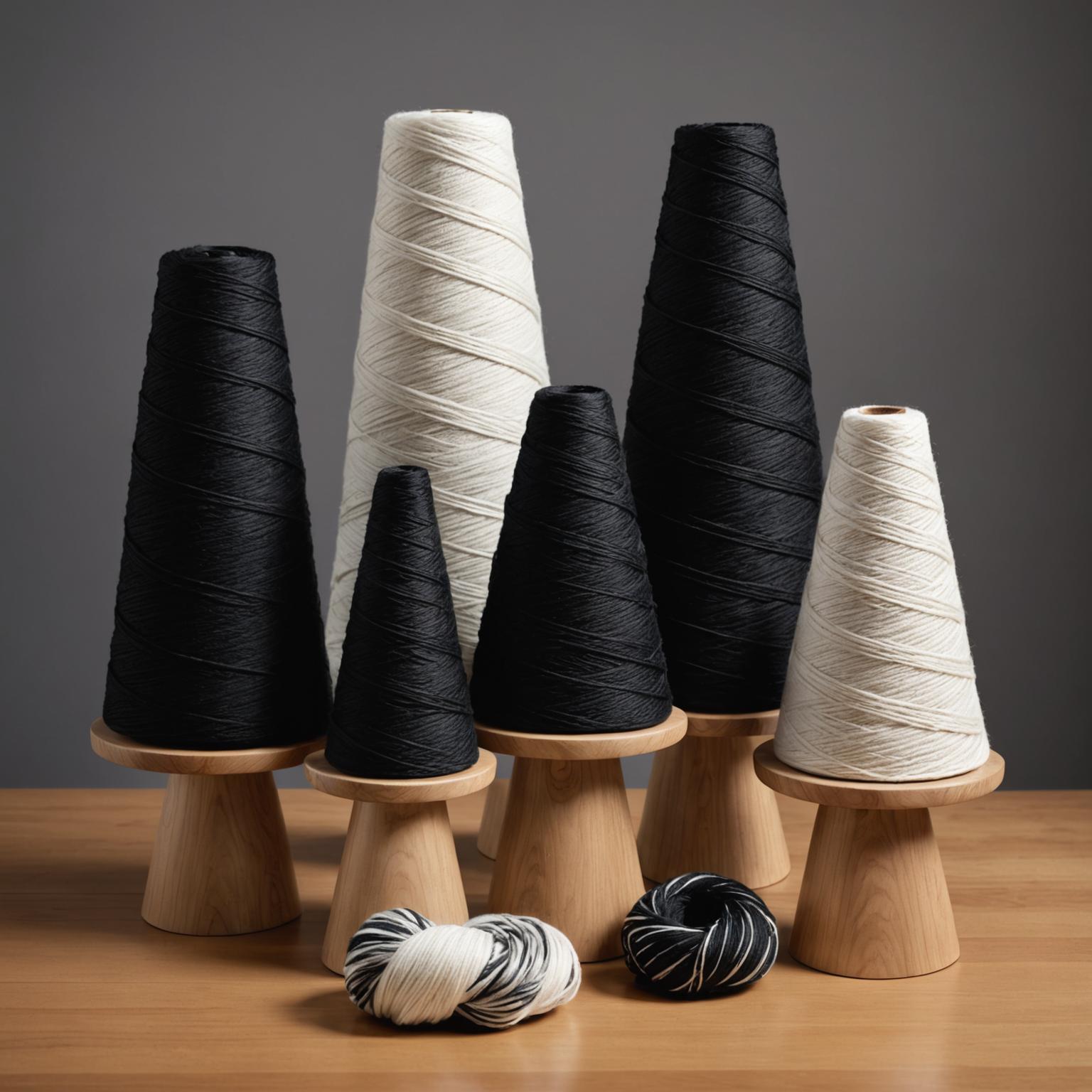The Enduring Legacy of Nylon Fiber in Textiles
In the world of modern textiles, few materials have demonstrated the same level of versatility and resilience as the nylon fiber. Since its invention, this synthetic polymer has become a cornerstone of the industry, prized for its exceptional strength, elasticity, and durability. Its applications are vast, but it truly shines in the creation of advanced textiles, particularly as a key component in high-performance fabrics. The unique properties of nylon make it an ideal choice for manufacturing materials that need to withstand rigorous use while maintaining a refined appearance and feel, setting the stage for innovations across countless sectors.

The Intricacies of Non-Woven Fabric Manufacturing
The process behind creating a synthetic non-woven fabric is a marvel of modern engineering. Unlike traditional textiles that are woven or knitted, non-woven fabrics are made by bonding or interlocking fibers together through mechanical, chemical, or thermal treatments. The non-woven fabric manufacturing process for nylon involves extruding the polymer into fine, continuous filaments, which are then laid down in a web. This web is subsequently bonded to create a strong, stable sheet. This method allows for precise control over the fabric's properties, such as its density, porosity, and thickness, resulting in materials tailored for specific functions. This advanced manufacturing is what enables the production of incredibly durable non-woven materials that are both lightweight and robust.
Key Advantages of Nylon Non-Woven Fabric
The preference for nylon non-woven fabric stems from its superior characteristics. It possesses remarkable tensile strength and abrasion resistance, meaning it can endure significant stress and friction without tearing or degrading. This makes it an exemplary choice for products that require long-lasting performance. Furthermore, nylon is inherently resistant to mildew, insects, and many chemicals, enhancing its longevity. Despite its toughness, it can be engineered to be soft and flexible, offering a comfortable user experience. These attributes are critical for creating durable non-woven materials that serve demanding roles in filtration, protective apparel, and industrial applications where reliability is non-negotiable.
A Spectrum of Nylon Fabric Applications
The versatility of nylon lends itself to a wide array of nylon fabric applications, transforming industries with its performance. In the medical and hygiene sectors, its strength and barrier properties make it perfect for surgical gowns, masks, and sterile wraps. Industrially, it is used in filtration systems, geotextiles for construction, and as a component in composites. Consumer goods also benefit greatly, with nylon non-wovens appearing in home furnishings, apparel interlinings, and heavy-duty cleaning wipes. The ability to customize its properties means that a synthetic non-woven fabric made from nylon can be adapted for nearly any purpose, from delicate craft projects to rugged environmental conservation initiatives.
Sourcing Quality Materials from Non-Woven Fabric Suppliers
For businesses that rely on these advanced textiles, partnering with the right non-woven fabric suppliers is crucial. A dependable supplier ensures not only the quality and consistency of the material but also a commitment to innovation and sustainability. When evaluating suppliers, it is important to consider their manufacturing capabilities, quality control processes, and their ability to provide customized solutions. Leading suppliers often invest in eco-friendly production methods, reducing environmental impact without compromising the performance of the final product. Establishing a strong relationship with reputable non-woven fabric suppliers is essential for any company looking to leverage the full potential of materials like nylon non-woven fabric in their products.







